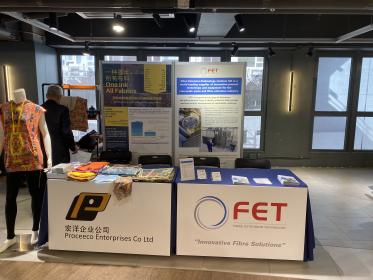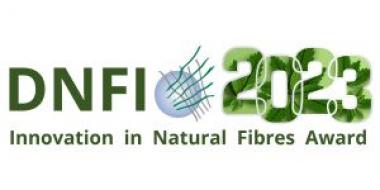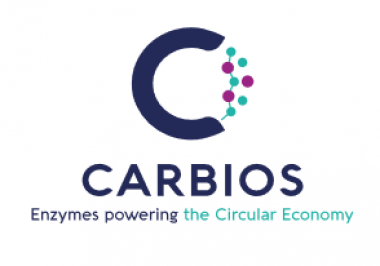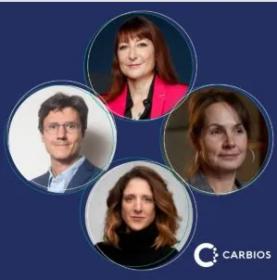INDEX™23 concludes successfully with over 610 exhibitors
The international nonwovens community came together once again in Geneva this week for INDEX™23, with with 12,017 attendees from over 100 countries and 610 exhibitors from 43 countries joining the event.
Exhibitors made the most of the four intensive days to meet potential new customers and extend business with existing clients. As one of the world’s leading nonwovens exhibitions, INDEX™ demonstrated the latest breakthroughs and innovative developments across all nonwovens’ applications.
The INDEX™ Lab, an exchange hub displaying samples from innovations and new developments, also showcased the winners and runners up from each of the five categories of the INDEX™ Innovation Award. Open to any EDANA member company or exhibitor at INDEX™23, the winners were announced on the first day of the exhibition during a dedicated ceremony at the EDANA stand.
The winners (more infomation):
- Nonwoven roll goods
Winner: Suominen – HYDRASPUN® Circula Nonwoven - Finished products made from, or incorporating nonwovens
Winner: Henkel – Smart Adult Care - Raw materials or components (e.g., fibre, binder, polymer, tape), of special relevance to the nonwovens industry and related converted products
Winner: Fiberpartner – BicoBio - Innovation in machinery of special relevance to the nonwovens industry
Winner: Curt G. Joa, Inc. – ESC-8™ - Sustainable Product
Winner: Sparkle Innovations – SugaFluff™
The "Nonwovens Journey", an immersive experience that takes a look at the innovative role of nonwovens, as well as how innovation has progressed in time around both sustainability, and how nonwovens are used in everyday life, also allowed visitors to discover the versatility of nonwovens.
Running alongside the exhibition itself, there was also a full programme of side events that were enjoyed by participants: Exhibitor Product Presentations from 33 exhibitors; a series of informative seminars covering a myriad of topics including medical nonwovens, sustainability, circular economy, geosynthetics, textiles, mobility, fair trade, gender equity, innovation, and market trends; country-specific briefings offering insights into the nonwovens market in various regions around the world; and a nonwovens tutorial intended as an induction to nonwovens for those new to the industry. These topics were all presented by leading industry experts and guest speakers, including among others, the World Trade Organization (WTO).
Concern for the environment has in recent years become increasingly important, and once again remained a key topic at INDEX™23, with companies pushing to achieve further CO2 reductions and circularity across the supply chain.
Continuing on from its success during COVID-19, the INDEX™23 Mobile App and Virtual Platform was back. This tool offered participants – both in Geneva and those following from home – the chance to watch presentations live and interact with speakers, exhibitors, and other participants. Attendees were able to plan their visit and organize meetings, which was highly appreciated. Video recordings from the sessions will remain available online in the app and platform for the coming weeks.
The next INDEX™ will take place in three years from 21-24 April 2026.
INDEX™ | Palexpo SA






























